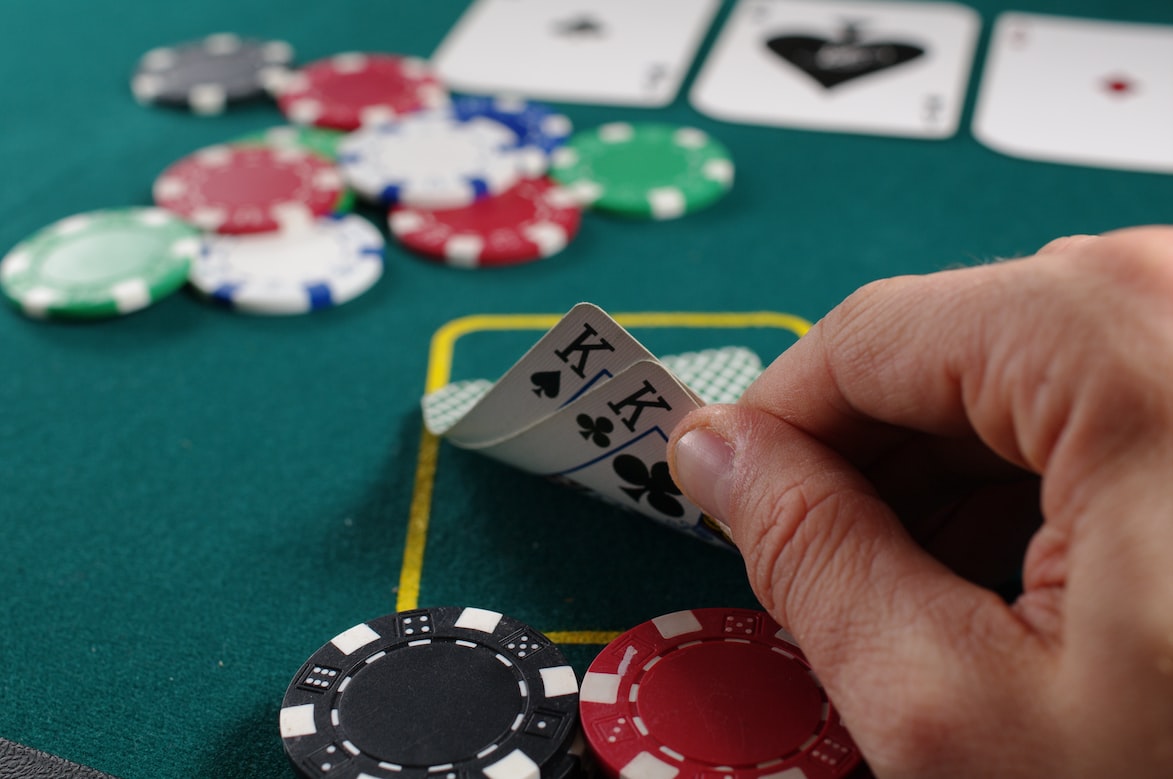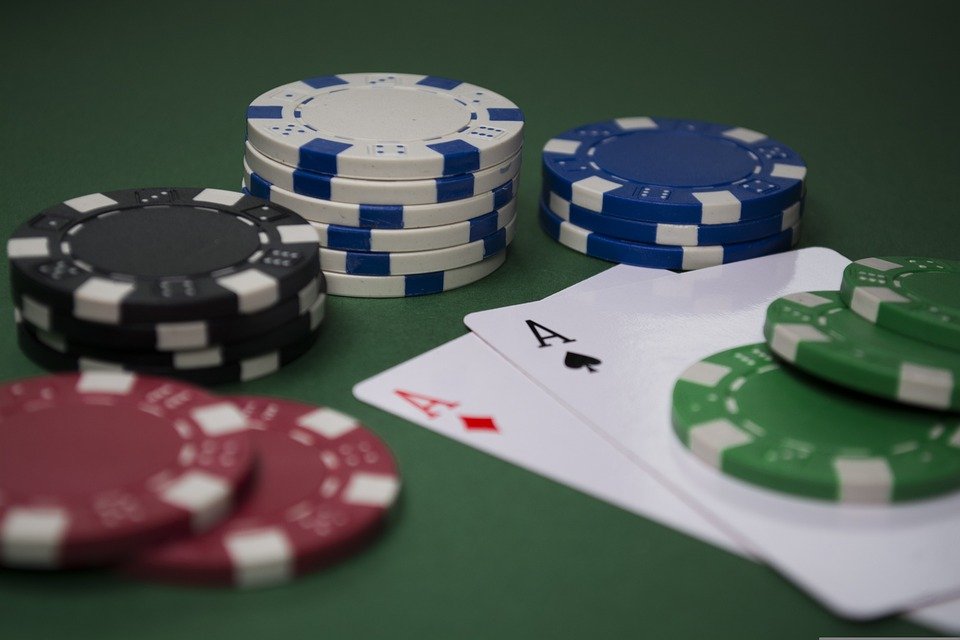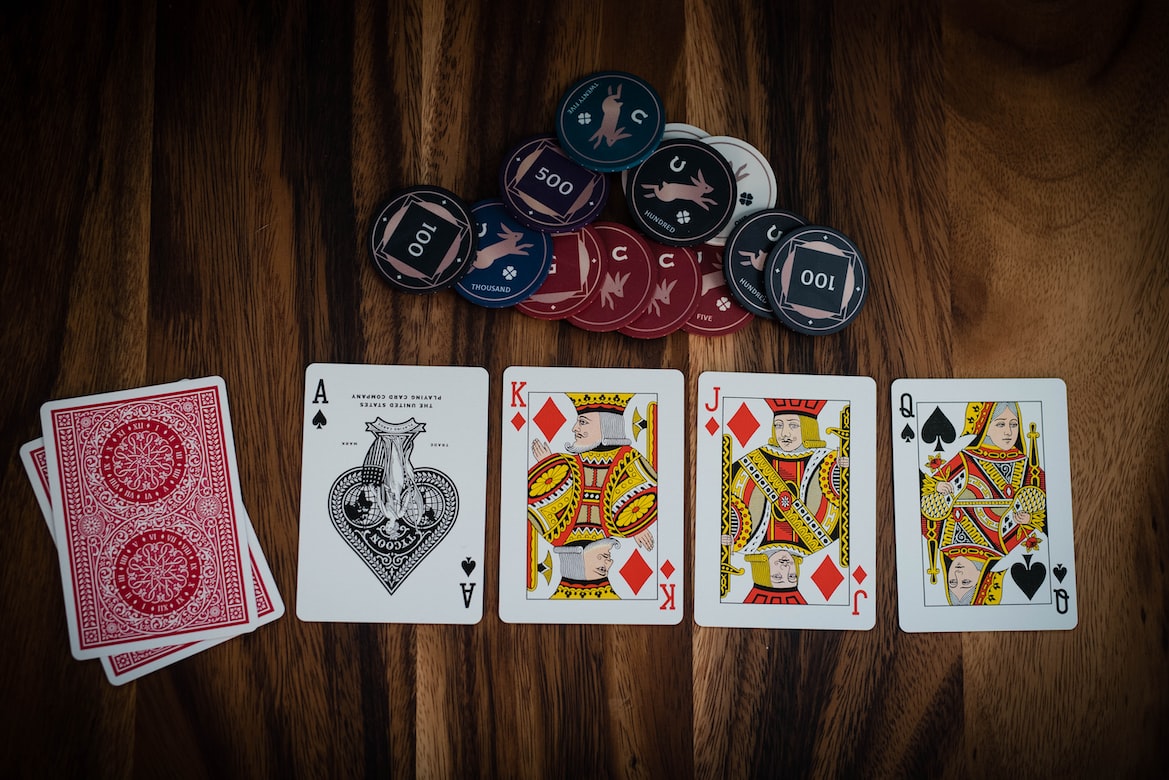Poker has a lot of misconceptions about the element of luck. Yes, in each game, luck does have an effect. It’s impossible to win with a bad hand if you just try to head to the showdown every game. However, many people, especially casual and beginner players, greatly overestimate how important luck is to winning. The truth is, skill matters far more than luck if you’re trying to win consistently in poker. Variance, as the pros call it, is only short-term, and skill helps you in several ways.
Poker is about long-term profit, and skill is the only constant. Variance changes from game to game, but skill and a good poker strategy enable you to make the long run. Another reason is that your hand does not matter as much as you think. Sure, you would prefer QQ over a three and a four every time, but that doesn’t mean you can’t win with three and four at all. That also means having a good starting hand is not a guaranteed win, which this poker guide will focus on. It will focus on the most common mistakes that lead you to lose with good hands and how to avoid them.

Slow playing
Slow play is one of the most prevalent mistakes among beginner players. It is when you play passively with a strong hand, checking, calling, and only making small bets. It stems from flawed reasoning, with newbies thinking it will help disguise the strength of their hand or build a pot. They think players will likely get involved in the pot since there is no big bet to scare them off. In reality, slow play is one of the absolute worst mistakes you can make with a firm hand for several reasons. The biggest reason is that slow play often accomplishes the opposite of what people think it will.
It won’t build a large pot you can claim at the showdown; it will result in a small pot and lower your chances of winning it. Slow play makes you rely on another player to build the pot for you, which is unreliable, especially against passive players. Even if many players get involved, with nobody making large bets, the pot will remain small. Getting many players involved in the pot is also horrible when you have a pocket pair starting hand like AA. Multiway pots (pots with more than two players) are volatile since there is a high chance at least one player has a strong draw. In that scenario, the last thing you want is to allow them to see free cards and potentially outdraw you. Slow play does nothing to stop this and directly encourages it since you do not bet or raise. While you should generally stay away from slow play, it does have some use in tricking loose-aggressive players into building the pot for you.

Being a nit
Some new players may think, “I fold until I get strong hands, and I’m not afraid to bet or raise with them. But whenever I bet, everyone folds even though they were playing normally earlier. Why does this keep happening to me?” Sadly, you have become a nit, which is widespread behavior for beginners trying to emulate a tight-aggressive (TAG) style. Nits are slang for players who play too tight, which means they only play premium hands.
Folding until you get a strong hand is a sound strategy but should not be overused. Nits are some of the most exploitable players in poker for two main reasons. Their tight playstyle makes them too easy to bluff since they will fold all but the best hands at the first sign of aggression. The second reason is that their predictability makes it hard for them to win large pots. Since everyone folds the second a nit starts playing aggressively, they will rarely win big enough to justify folding that often.
Calling too much
Overcalling is a problem whether you have a strong or weak hand. You just throw money into the pot with weak hands without much chance of winning it. With a strong hand, overcalling is arguably even worse. If you have a strong hand like AA and face a raise, you rarely want to call, and instead, you should re-raise. Like slow play, calling instead of raising will result in more multiway pots where you can get outdrawn. Calling is also bad post-flop, as it will allow your opponents to see the next rounds and cards for free, unlike a raise.
Not knowing when to quit
Finally, this last mistake is about player mentality. Your mentality is an overlooked aspect of poker that seriously impacts your gameplay. You must prepare for the worst-case scenarios so you don’t let your emotions get the better of you and “tilt.” Some examples include having to fold a solid pre-flop hand. Unfortunately, that is an example so well-known there is even a saying about it: “If you can’t fold the best hand, you can’t play.”
Sometimes, you just have to realize when your starting hand does not work well with the board and fold before you commit money. It can be tough folding QQ on boards like seven, eight, and nine suited, but it’s what you have to do, especially in volatile multiway pots. Mental also applies to losing to truly absurd variance. If your opponent gets a backdoor draw against all odds, you must try your best to move on. Remember that poker is long-term; do not get hung up on individual hands and bad beats.

Practicing poker online
We hope this article taught you how to play poker and make the most out of your good hands. To improve, you should play on sites like GGPoker, the world’s largest poker room. Online poker is preferred for learning and practice for many reasons. It’s more convenient, faster-paced, offers bonuses for playing, and gives you access to the indispensable poker tracking software to analyze and improve your game.

